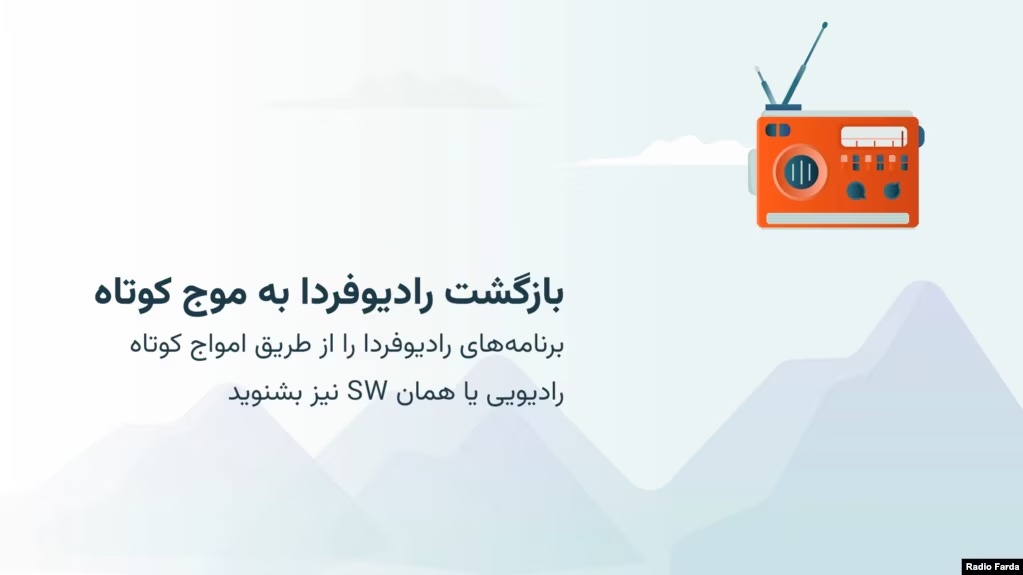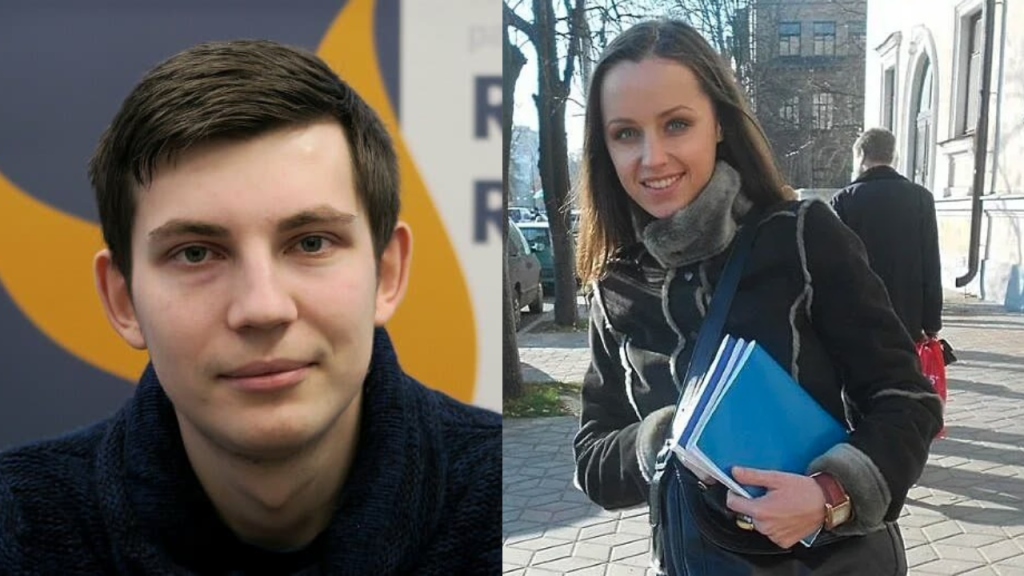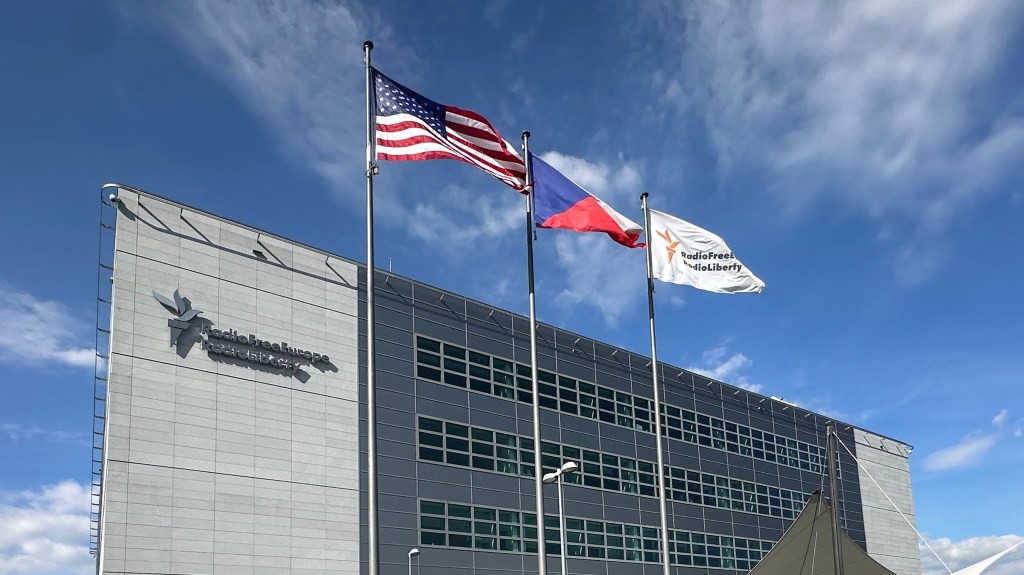US District Court Orders USAGM to Release RFE/RL Funding for April
Defunding RFE/RL found unlawful

(WASHINGTON) — Today, Judge Royce Lamberth of the U.S. District Court for the District of Columbia granted Radio Free Europe/Radio Liberty (RFE/RL)’s latest request for a temporary restraining order in its lawsuit against the U.S. Agency for Global Media (USAGM).
In his ruling, the judge ordered USAGM to immediately disburse RFE/RL’s congressionally appropriated funds for the month of April. The court concluded that USAGM’s refusal to disburse the funds on the same terms on which it disbursed the previous month’s funds was arbitrary and capricious. The court rejected USAGM’s argument that it could withhold the funds until RFE/RL signs a grant agreement placing unlawful and unworkable conditions on RFE/RL’s operations. Judge Lamberth found that USAGM’s actions “threaten the very existence” of RFE/RL.
RFE/RL President and CEO Stephen Capus said:
“Today’s ruling ordering USAGM to release one month’s worth of the annual funds Congress appropriated to RFE/RL means that our journalists can continue doing their jobs holding dictators and despots accountable.
We hope to receive April’s late payment quickly because RFE/RL was forced to furlough staff this month and cut back programming to regions crucial to American national security. Every day that USAGM withholds money further endangers our journalists, including four who are currently in prison.
We will remain in court and look forward to working with USAGM to ensure that we’ll be paid for the rest of the fiscal year.”
Judge Lamberth’s order emphasized that Congress enacted, and President Trump signed, a law funding RFE/RL this fiscal year. He wrote: “It is, after all, Congress that makes the laws in this country. In this case, for example, it was Congress who ordained that the monies at issue should be allocated to RFE/RL.”
###
Radio Free Europe/Radio Liberty (RFE/RL) is a private, independent international news organization whose programs — radio, Internet, television, and mobile — reach a weekly audience of nearly 50 million people in 23 countries, including Russia, Ukraine, Iran, Afghanistan, Pakistan, the republics of Central Asia and the Caucasus. It is funded by the U.S. Congress through USAGM.


